New York City Begins Its Climate Change Reckoning on the Lower East Side, the Hard Way – Inside Climate News

The city redesigned much of a $1.5 billion floodwall project along the East River without any community input, shattering trust. Now, New York is pursuing similar climate resiliency projects in Manhattan that Mayor Eric Adams calls “complex, novel and unparalleled compared to any other American city…”
There are 21,000 pieces of plastic in the ocean for each person on Earth – the Washington Post
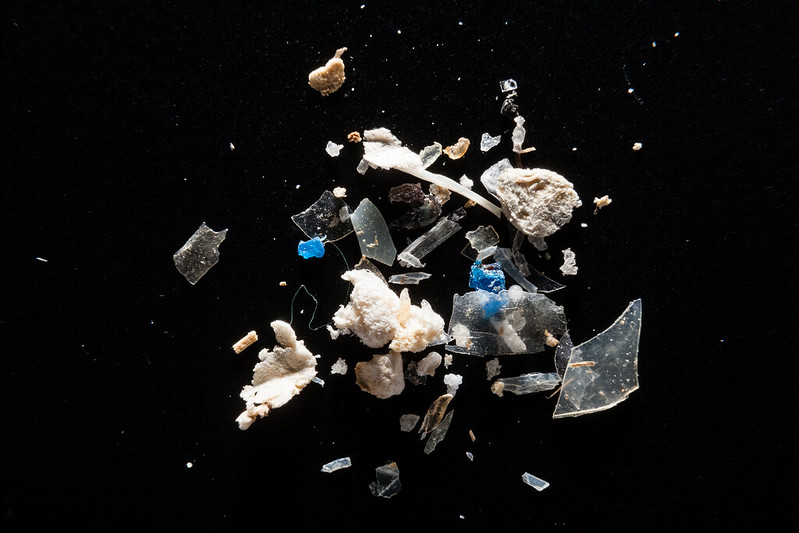
And plastic pollution has been doubling every six years.
Humans have filled the world’s oceans with more than 170 trillion pieces of plastic, dramatically more than previously estimated, according to a major study released Wednesday.
The trillions of plastic particles — a “plastic smog,” in the words of the researchers — weigh roughly 2.4 million metric tons and are doubling about every six years…
‘Extrapolations’ is the climate TV show we’re finally ready for – the Grist

If Hollywood has the power to shape our collective imagination for good, it has too often failed when it comes to compelling stories about climate. But that untapped power is part of what makes Extrapolations, the new Apple TV+ series being touted as the biggest-budget scripted TV show ever made about global warming, so intriguing…
“There has been so much storytelling done around the post-apocalyptic, denuded world,” said producer and screenwriter Scott Z. Burns. “But before we get to that end, there’s a lot of messy middle…”
Beach Houses Around the Country Are at Risk of Sinking, and Coastal Enclaves Are at War About How to Save Them – Robb Report
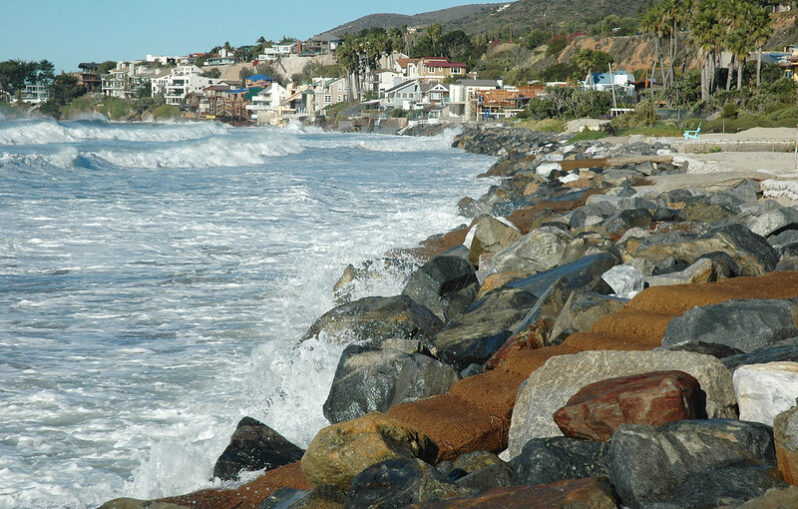
For some homebuyers, the fantasy of coastal living will forever outweigh the risks. But rising sea levels and shifting sands can mean getting closer to the ocean than you might have intended.
It was after a beachside housewarming party in Southern California that the neighborhood snitch was unmasked…
A chunk of Rancho Palos Verdes is sliding into the sea. Can the city stop it? – the Los Angeles Times

A drive along the ocean on the Palos Verdes Peninsula is Southern California at its finest. Sunlight dances on the water. Coves are pristine, unsullied by development. Catalina Island appears so near you can almost spot the bison.
Look a bit closer, though, and you’ll see signs of a disaster waiting to happen…
Retreat in Rodanthe Interactive Feature – the Washington Post
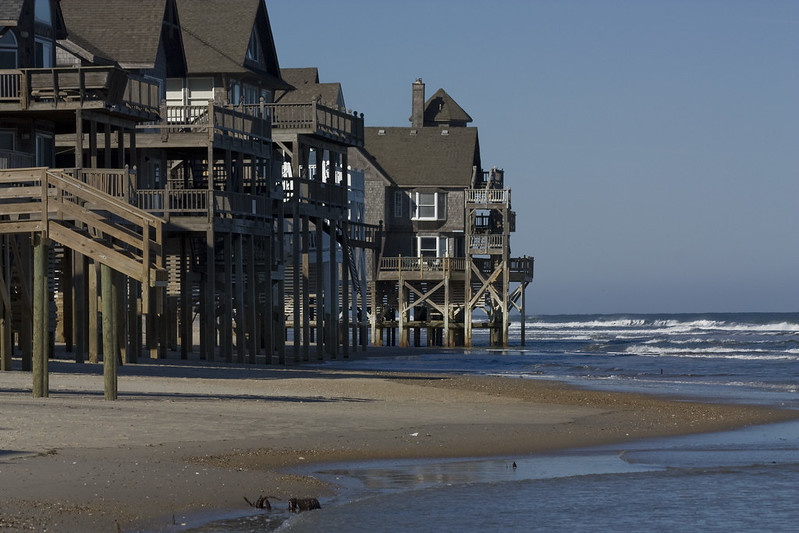
Along three blocks in a North Carolina beach town, severe erosion is upending life, forcing hard choices and offering a glimpse of the dilemmas other coastal communities will face…
Early last year, a house crumbled into the sea in this small Outer Banks community, home to some of the most rapid rates of erosion and sea level rise on the East Coast.
Not long after, another house fell. And then another…
Santa Cruz Island – Will Adler
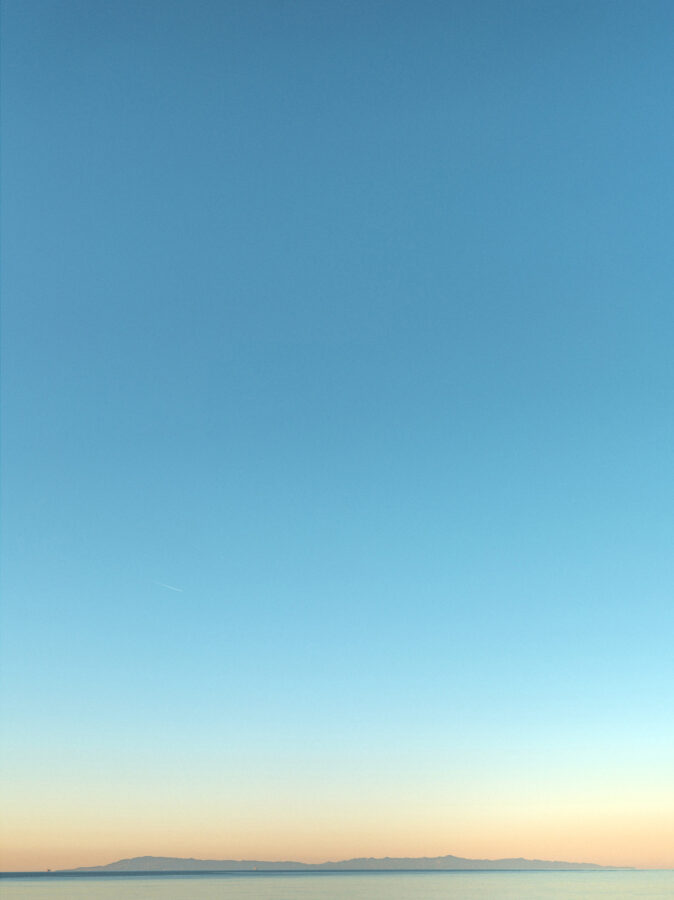
Santa Barbara-based photographer Will Adler has an eye for creating beautiful sharp, yet disorienting images. The photographs confuse and crop reality that asks the viewer to question the truth of the photograph and consider the manipulation of lighting and perspective that photography involves. Some are absurdly deadpan, straight photographs, while others are noticeably more intricate in their staging. Adler’s collections of photos push us back and forth, in and out of reality, all with a sly wink of humor that keeps you grinning.
-Juxapoz Magazine
The Red Sea Could be a Climate Refuge for Coral Reefs – Inside Climate News
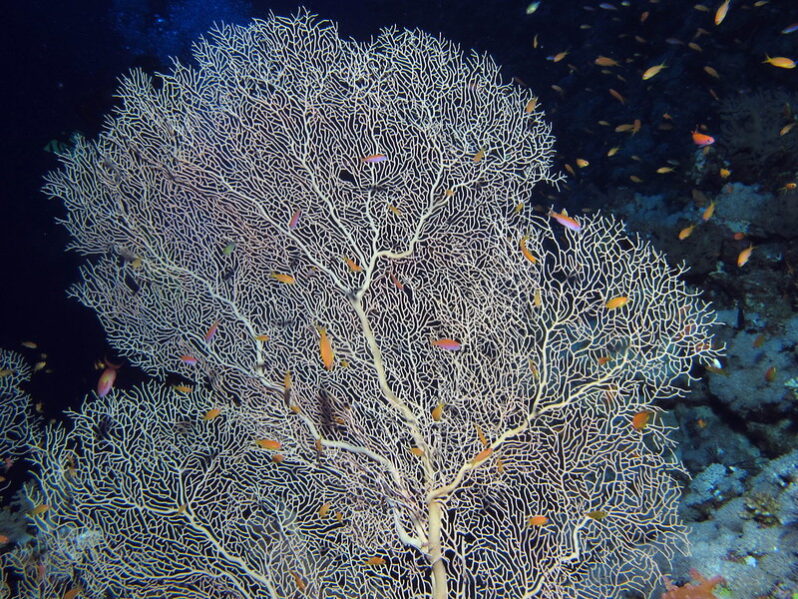
When Lina Challita dives along Egypt’s coast, she doesn’t just see a colorful array of corals and fish. She sees hope. Against the grim backdrop of climate models that project most coral reefs dying by the end of this century in overheating oceans, the northern end of the Red Sea may end up being one of the last places on Earth where those critical ocean ecosystems can survive, at least at least for a while, and perhaps longer if countries of the world manage to cap global warming and stabilize the climate…
Students learn lessons on climate change, pollution through raising salmon – NPR
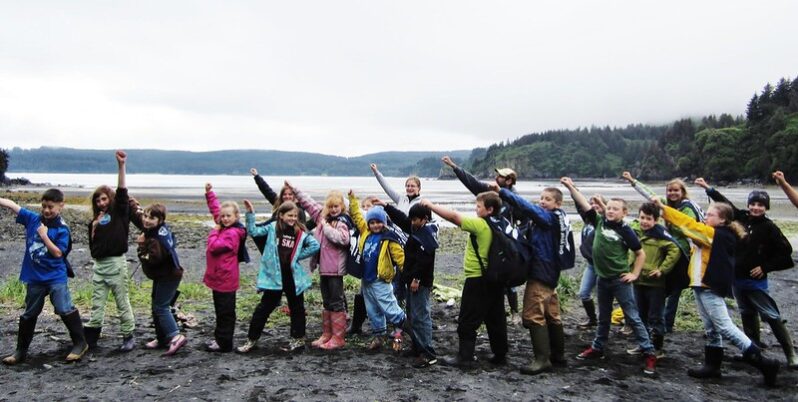
“It’s really a delicate balance because we are dealing with traditions and culture of the Native people,” Hodges says. “This is their land, this is their salmon. And so we have to really be part of that.”
